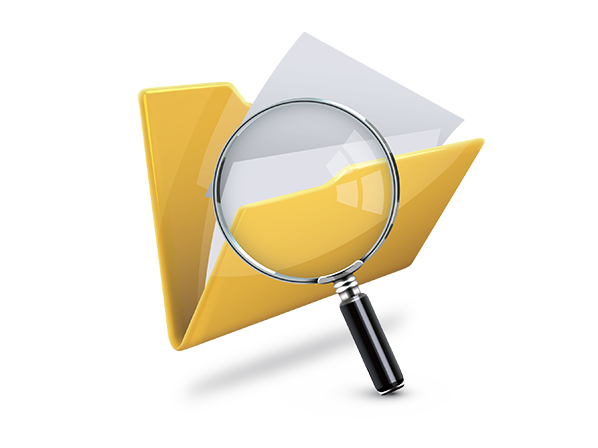So, you’re organised, you’re diligent – you make a Will and have all your affairs nicely in order. Tick, tick and tick.
But all this comes to nothing if your loved ones don’t know where you have stored your Will.

It seems like a trivial detail, but the fact is that sometimes family is unable to locate the Will of their loved ones, and this can be an extremely distressing situation.
In such circumstances, family members might assume that you don’t have a Will in place, in which case your estate will be divided according to the intestacy laws of the relevant state and not in accordance with your specific wishes.
So, where do you place your Will so that it can be easily located by loved ones when it’s needed?
One option is with one of the many Will Banks or storage facilities located around the country. A Will Bank offers you a safe and secure place store your Will where your family can access it readily when needed.
Alternatively you can store your Will with your Solicitor or in a bank safe deposit box or any other secure location.
Importantly – it is always wise to tell someone you trust of the whereabouts of your Will.
Here are links to the relevant storage facilities by state:-
NSW Will Safe, Trustee and Guardian
Victorian Trustees Victorian Will Bank
What if you don’t have a Will?
Each year thousands people die without leaving a Will and all too often this creates more worries, expense and sometimes hardship for the family of the deceased at a time of bereavement.
Think about it now, what would happen to your family and loved ones if you were to die without a Will?
When a person dies without making a Will (the legal term for this is a person dying “intestate”), then their assets are dealt with according to a set formulae contained in state specific legislation. The formulae set out by the legislation is strictly applied and does not take into account your personal preferences or wishes.
You can avoid this scenario by making a Will which will give you control over how your estate is distributed.
How do I make a Will?
To be valid, your Will needs to be in writing, signed by you and witnessed by two people who are not benefiting from your Will.
You will need to appoint a trusted person as an Executor. This person (or persons) will be responsible for carrying out your wishes under your Will. You can appoint your solicitor to take on this role as an impartial party, but be aware that they would likely charge a fee for their services.
You will need to specify your beneficiaries. These are the people who you want to receive assets under your Will.
You can access a legal Last Will and Testament Legal Kit here
If your situation is complex, then we recommend you seek assistance from a solicitor.
If you intend to distribute assets in a way which may be controversial among your family members or which may cause a family member to challenge your Will, we recommend you seek the advice of a solicitor suitably experienced in Wills and estates who can put into place extra security measures to safeguard your Will from any potential challenges. This may be the case, for example, if you are purposely leaving adult children out of your Will.
Its recommended you review your Will every couple of years. Click here To download your Last Will and Testament Kit Now


